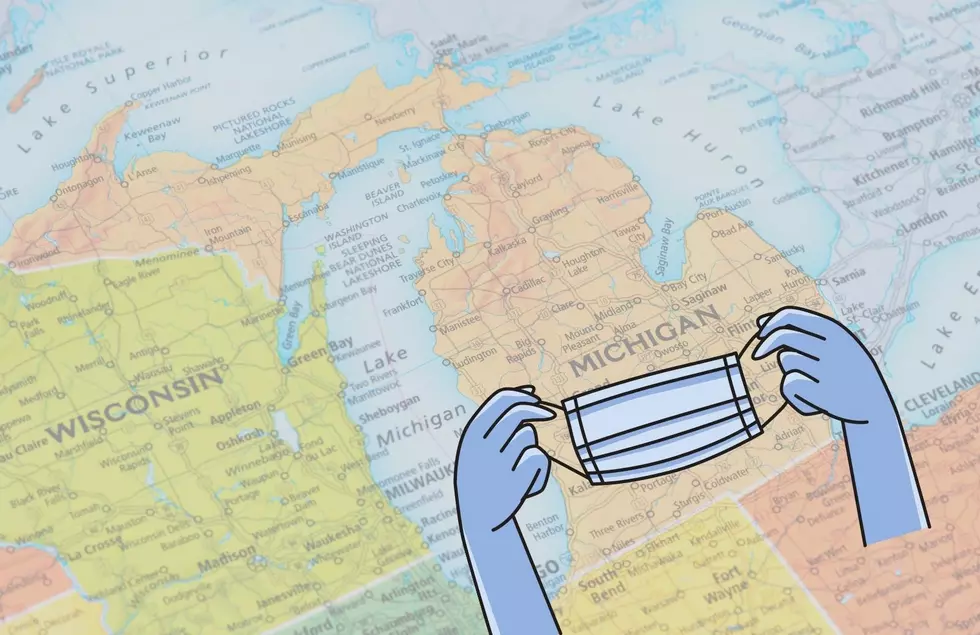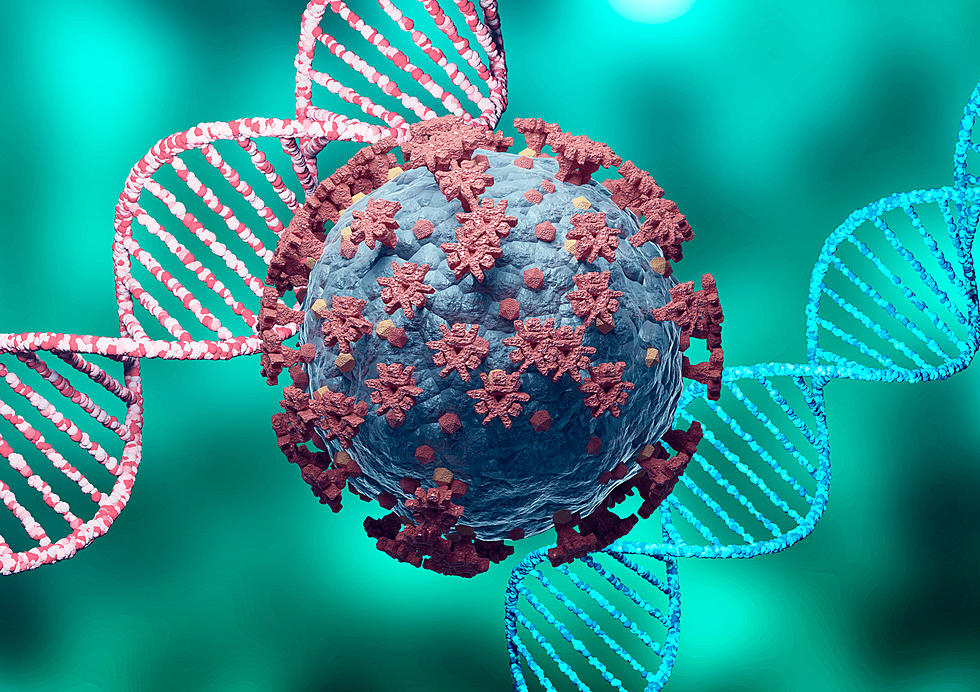
Federal Student Loans Will Be Suspended Through September 30, But Should You Make Payments?

Americans will be able to get a six-month reprieve on their federal student loan payments as a result of the economic turmoil caused by coronavirus pandemic. It's part of the coronavirus relief bill that passed through Congress today.
Once it is signed by President Trump, lenders must stop requiring payments for all federal student loans through September 30.
Yeah, this means you won't be required to make a payment on your federal student loan for the next six months.
It's important to note that interest will NOT accrue during that time, and any changes to a payment won't affect the lender's credit score. Essentially suspending payment will be treated as if the borrower made a payment during this time.
This does NOT affect any private student loans. You should continue making those payments.
However, if you are struggling financially, it's OK to contact your private lenders to make an arrangement.
"You should contact your servicer to find out what options are available to you. Some private lenders offer their own reduced payment options. Many servicers offer ways to postpone your payments, such as forbearance," the Consumer Protection Finance Bureau advises.
Federal lenders will be required to notify all borrowers that their federal student loan payments have been suspended with 15 days of signing the bill, and on August 1st they'll be required to notify borrowers when the payments will start up again.
You will be able to make payments against the principal balance of your federal student loan over the next six months if you choose to do so.
In fact, if your financial situation has not been affected by the coronavirus, however, most experts suggest that you continue to make payments on your student loan, as this will extend the payback time on the loan itself.
More From Magic 104.9









